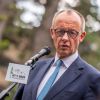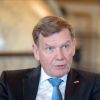Germany’s new government: resolute shift in policy
In its first 100 days, Germany’s new government has already highlighted numerous areas of focus and strengthened Germany’s international partnerships.
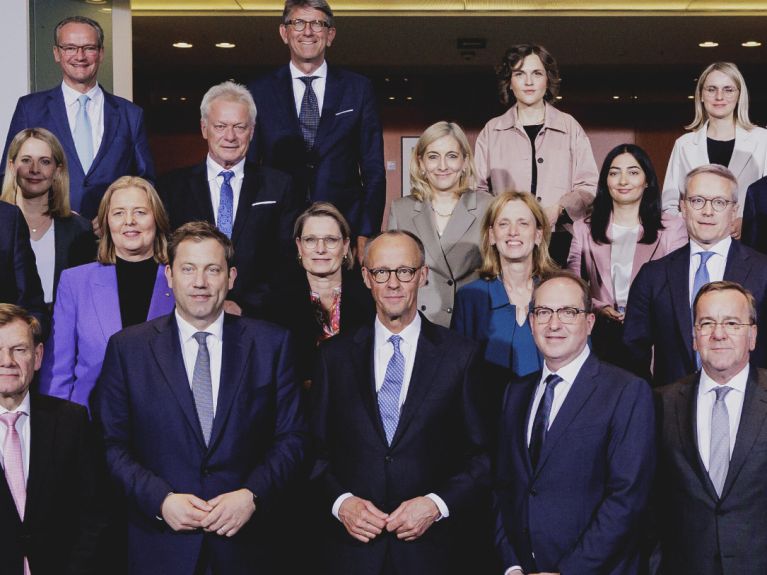
“We are living at a time when the world order is undergoing a fundamental shift. One important job for the German government is to shape this world in a way that reflects our interests”, Federal Chancellor Friedrich Merz recently stressed in an interview. In its first 100 days in office, the governing coalition of CDU/CSU and SPD has shown what specific areas it considers important.
Partner in the world
In his first government statement, Federal Chancellor Merz already placed an emphasis on foreign policy. Merz said it was important to him “to send out a clear signal as soon as we formed the government: namely that Germany is ready to act again as a strong partner.” This resolve is also evident in the foreign trips subsequently made by the chancellor and by the members of the new cabinet. Both Merz and Foreign Minister Johann Wadephul travelled first to Paris after taking office: the Franco-German relationship has been given a renewed boost as the “driving force” behind the European Union.
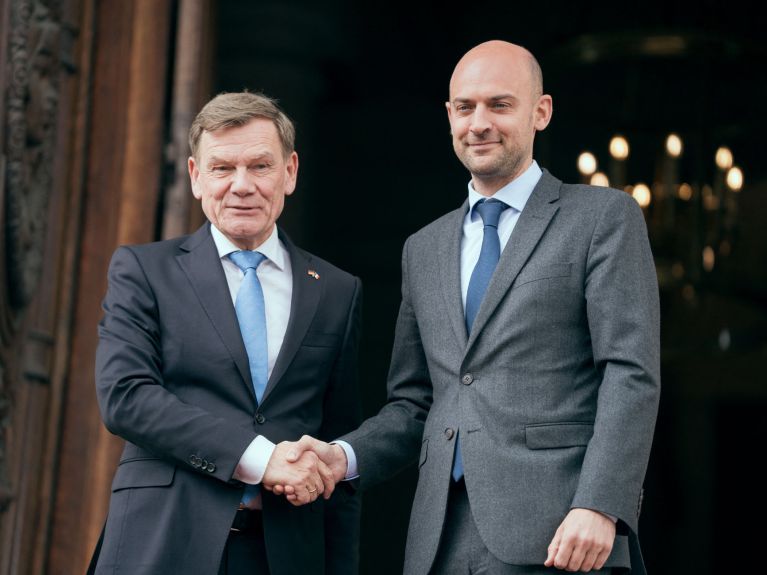
According to Merz, a key joint objective involves “standing united with our European allies” in order to “do everything in our power to secure peace in Europe”. Under Merz’s government, support for Ukraine, which is under attack from Russia in contravention of international law, has been reasserted and agreement has been reached at EU level to impose new sanctions against Russia. In the Gaza war, the German government is committed to lasting peace and the protection of the civilian population. In a joint initiative with Jordan, an airlift has been launched to supply aid to Gaza. Foreign Minister Wadephul has underscored Germany’s friendship with Israel, while at the same time stressing that, in view of the situation in the Gaza Strip: “Germany continues to stand ready to do everything in its power to help ease the suffering.”
Defence in focus
In view of the threat posed by Russia and growing international crises and conflicts, Germany’s defence capabilities are also becoming increasingly relevant. The new German government has ambitious plans: Chancellor Merz announced in the Bundestag that the Bundeswehr would be built up to become Europe’s strongest army. Investments in technology and innovation play a central role for Germany, too. While visiting his US counterpart Pete Hegseth in July 2025, for example, Defence Minister Boris Pistorius expressed interest in the Typhon weapons system, which would further strengthen Germany’s - and Europe’s - defence and deterrence capabilities. The German government also sees international partnerships as vital in the military sphere. At the NATO summit in The Hague in June 2025, Germany and its 31 NATO partners agreed to raise defence spending to five percent of gross domestic product.
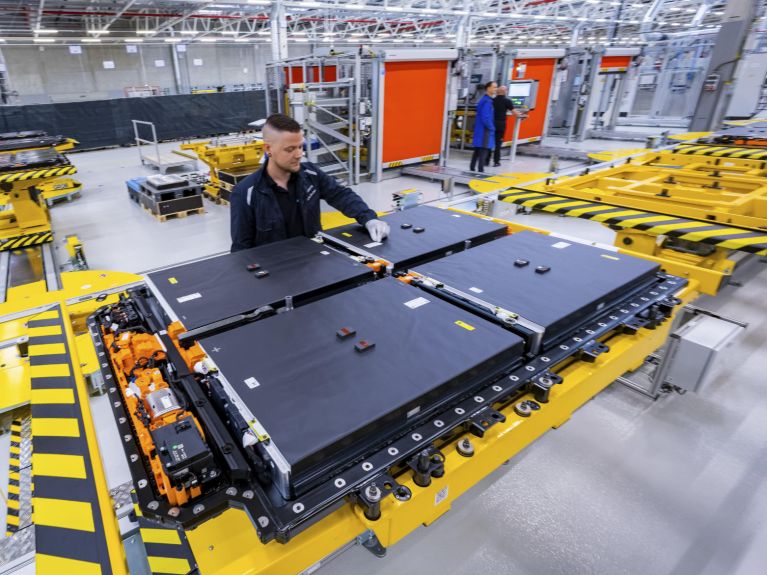
Record investments in modernisation
The German government has decided to undertake targeted and exceptional investments - not only in the area of defence. With a special fund of 500 billion euros, an unprecedented modernisation drive in business and infrastructure is being launched. An immediate tax investment programme that came into force in July is to boost the economy and safeguard jobs. The programme will allow companies to set 30 percent of their equipment investments off against tax per year, for example. The federal budgets for 2025 and 2026 include record investments, with money to be spent primarily on modernising transport infrastructure, education and care, new housing, modern hospitals, digitisation, climate action and internal and external security. The modernisation of the state will also be addressed by making administration more efficient and reducing bureaucracy. To this end, the new State Secretaries Committee on State Modernisation and Bureaucracy Reduction has also been created. The costs of bureaucracy for business are to be greatly reduced and the hurdles for companies, citizens and administrative bodies further lowered.
Attractive nation of immigration
The new government is also making changes in migration policy - taking steps to better organise and control migration and stepping up its efforts to integrate migrants. Federal Interior Minister Alexander Dobrindt for example is joining his European counterparts in further combating human trafficking crimes, more consistently returning rejected asylum seekers and people not entitled to remain in Germany, and strengthening the EU’s external borders. At the same time, Federal Chancellor Merz has emphasised: “Germany is a nation of immigration.” Its attractiveness is also being increased by the new High-Tech Agenda of the Federal Ministry of Research, Technology and Space. Around 18 billion euros will be invested in the Agenda by 2029, funding to focus for example on secure and sustainable AI applications, the world’s most precise navigation system and innovative treatments for previously incurable diseases.
